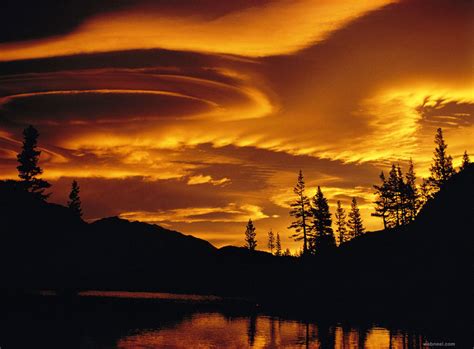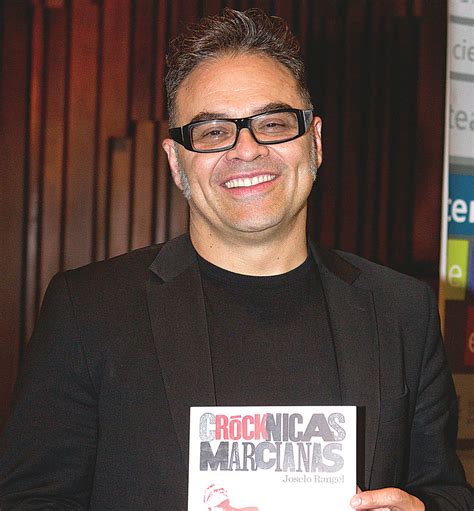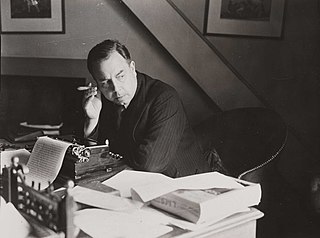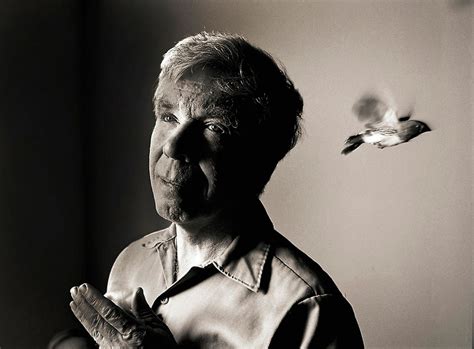A Quote by Norman Lock
I do believe we are actors in our own dramas, which, moment by moment, we ourselves write; that we are characters in our own fictions or those devised for us by someone or something else.
Related Quotes
Zen, like life, defies exact definition, but its essence is the experience, moment by moment, of our own existence -- a natural, spontaneous encounter, unclouded by the suppositions and expectations that come between us and reality. It is, if you like, a paring down of life until we see it as it really is, free from our illusions; it is merely a divestment of ourselves until we recognize our own true nature.
At the heart of all photography is an urge to express our deepest personal feelings - to reveal our inner, hidden selves, to unlock the artist. Those of us who become photographers are never satisfied with just looking at someone else's expression of something that is dear to us. We must produce our own images, instead of buying postcards and photo books. We seek to make our own statements of individuality.
Do you believe in luck, Ludlow?" I had thought about this more than once in my life. "I believe some poeple are luckier than others."..."Which do you believe in, luck or Destiny?" Joe considered a moment befoe replying, "We make our own luck, Ludlow, by our actions and our state of mind. As such you control your own fate. Oney one thing is certain: None of us can escape the grave.
We don't think of ourselves in Cafe Tacvba as representatives. When we go and make new material, we feel that our creations are more authentic if we think of ourselves. We don't say, "Let's be the representatives and show the moment that our society is in." But when it comes to performing and we visit other countries, like New York, many people approach us, people who are outside of their own country, and we become a referent. Our shows become this sort of ritual, and our performances become that moment of identity.
We've left the moment. It's gone. We're somewhere else now, and that's okay. We've still got that moment with us somewhere, deep in our memory, seeping into our DNA. And when our cells get scattered , whenever that happens, this moment will still exist in them. Those cells might be the biulding block of something new. A planet or star or a sunflower, a baby. Maybe even a cockroach. Who knows? Whatever it is, it'll be a part of us, this thing right here and now, and we'll be a part of it.
Although our moral conscience is a part of our consciousness, we do not feel ourselves on an equality with it. In this voice which makes itself heard only to give us orders and establish prohibitions, we cannot recognize our own voices; the very tone in which it speaks to us warns us that it expresses something within us that is not of ourselves.
One of the capabilities, which seems to be the most difficult for aspiring leaders to maste is realistic optimism. It requires one to recognize that our experience of life is largely up to us, that our situations, good or bad, are largely due to our ability on a moment-to-moment basis to capitalize on opportunity. Those that approach life as if it is largely outside of their own control, or that others are largely to blame for their circumstances, generally find growth elusive.
But the point is, now, at this moment, or any moment, we're only cross-sections of our real selves. What we really are is the whole stretch of ourselves, all our time, and when we come to the end of this life, all those selves, all our time, will be us - the real you, the real me. And then perhaps we'll find ourselves in another time, which is only another kind of dream.
We also write to heighten our own awareness of life... We write to taste life twice, in the moment, and in retrospection... We write to be able to transcend our life, to reach beyond it...to teach ourselves to speak with others, to record the journey into the labyrinth. We write to expand our world when we feel strangled, or constricted, or lonely... When I don't write, I feel my world shrinking... I feel I lose my fire and my color.
Every time we focus on someone else's darkness, we are blocking our own view of the light. We think the person we are involved with has attacked us or has withheld love from us, when they really haven't. We focus on their guilt instead of their innocence. Frequently people are just being themselves and we start projecting our own childhood dramas onto them, pushing away the very love we want so much.
Photographs are like our children. We put the best of ourselves into them - the best of our vision, our minds, our hearts - and then we send them out into the world. At some moment, perhaps the moment we click the shutter, they are being released. From that moment on, they don't really belong to us anymore.
The first act of insight is throw away the labels. In fiction, while we do not necessarily write about ourselves, we write out of ourselves, using ourselves; what we learn from, what we are sensitive to, what we feel strongly about--these become our characters and go to make our plots. Characters in fiction are conceived from within, and they have, accordingly, their own interior life; they are individuals every time.
AIDS has come upon us with cruel abandon. It has forced us to confront and deal with the frailty of our being and the reality of death. It has forced us into a realization that we must cherish every moment of the glorious experience of this thing we call life. We are learning to value our own lives of our loved ones as if any moment may be the last.
Hope and fear come from feeling that we lack something; they come from a sense of poverty. We can’t simply relax with ourselves. We hold on to hope, and hope robs us of the present moment. We feel that someone else knows what is going on, but that there is something missing in us, and therefore something is lacking in our world.

































